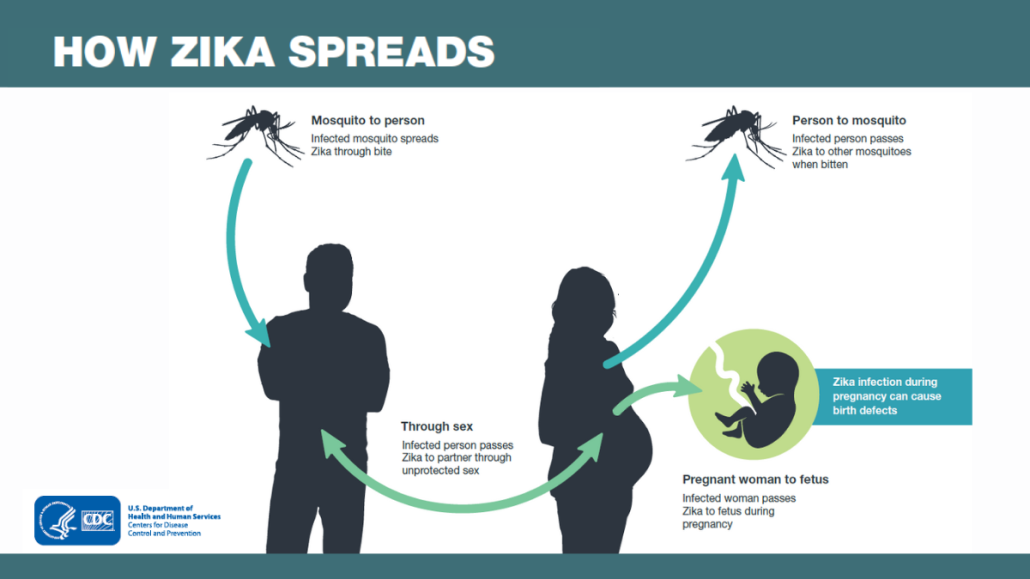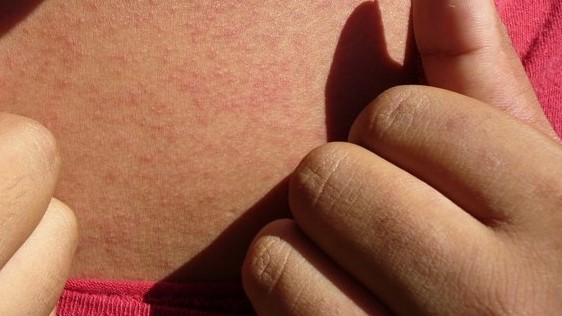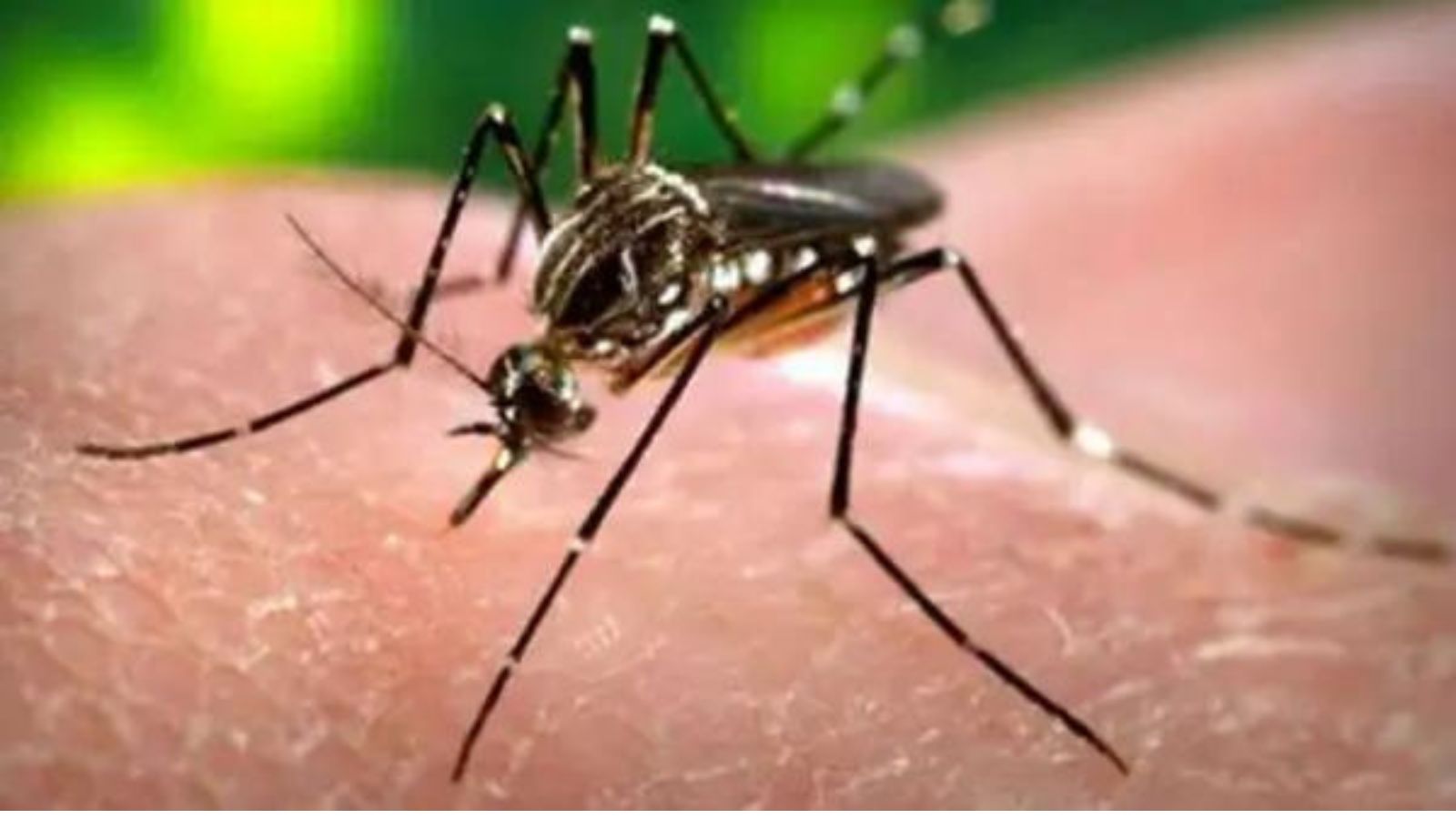Zika Virus: A mosquito-borne disease—Zika virus—has gained global attention in recent years due to its potential to cause serious health complications, particularly in pregnant women and their unborn children.
Mainly occurring in tropical and subtropical areas of Africa, the Americas, Southern Asia, and the Western Pacific, in India, the first cases of Zika virus infection were reported in Gujarat in 2016, and since then, the country has experienced sporadic outbreaks in several states.
Recently, Pune in Maharashtra has witnessed a significant rise in Zika virus cases, with the central government issuing an advisory on Wednesday, July 3. In light of this, a 55-year-old woman has been detected with a Zika virus injection in Pune, bringing the number of cases to seven. Till now (July 2nd, 2024), the city has reported eight cases from Pune (6), Kolhapur (1), and Sangamner (1).
The Centre has advised states to increase vigilance, particularly in screening pregnant women for Zika and checking foetal development in those positive, and to report any detected cases to the Integrated Disease Surveillance Programme and NCVBDC.
Zika Virus: What are the causes?

Zika virus is primarily transmitted through mosquito bites, sex, and breastfeeding. Infected Aedes species mosquitoes, which are the same ones that spread dengue and chikungunya viruses, bite during the first week of infection.

The virus can be passed through sex, causing serious birth defects and other pregnancy problems. Pregnant women can also pass the virus to their child during pregnancy or around birth, but the exact timeframes vary due to the virus staying longer in semen than other body fluids. Breastfeeding has been found to contain the Zika virus, but the risk of transmission through breast milk has not been confirmed.
Additionally, laboratory-acquired Zika virus infections have been reported, but no cases have been identified in healthcare settings in the United States. Brazil has also reported transmission through platelet transfusions.

Certain human cell and tissue-based products, such as umbilical cord blood, gestational tissues, and reproductive tissues, can harbour the Zika virus even months after the initial infection, so individuals may need to delay blood and tissue donations following Zika.
Zika Virus: What are the symptoms?
Most people who are infected with the Zika virus might be asymptomatic (have no symptoms) or will only have mild symptoms. One of the most common symptoms of Zika virus disease, as per the CDC, is as follows:
- Fever
- Rash
- Headache
- Joint pain
- Conjunctivitis (red eyes)
- Muscle pain

Zika has symptoms similar to other viral infections caused by mosquito bites, such as dengue and chikungunya. Zika symptoms often persist for several days to a week. People seldom get sick enough to visit the hospital. As a result, many people may not realise they are infected.
Zika Virus: What are the precautions and prevention?
Zika virus can be transmitted without symptoms or mild ones and can be passed from person to person before, during, and after symptoms. To reduce the risk of infection, use EPA-registered insect repellent, wear long-sleeved clothing, and control mosquitoes indoors and outdoors by using window screens.
If one is returning from areas with Zika risk, one should take steps to prevent mosquito bites for 3 weeks so they do not spread the Zika virus to mosquitoes that could spread it to other people.
As the virus can also be passed through sex, so biological males and females should use condoms or avoid sex for at least 3 months and 2 months respectively. Additionally, pregnant women and their partners should take extra precautions to avoid mosquito bites and consider delaying travel to areas with active Zika virus transmission.
Zika Virus: What is the treatment?
While there are no medicines or specific treatments to treat Zika virus infection, the symptoms are treatable and primarily involve supportive care from health professionals, or one can follow:
- Getting plenty of rest
- Staying hydrated by drinking fluids
- Taking over-the-counter pain relievers and fever reducers such as acetaminophen (Tylenol®) to reduce fever and pain.
- Avoid non-steroidal anti-inflammatory drugs (NSAIDs) until dengue is ruled out to reduce the risk of bleeding.
Pregnant women with Zika virus infection should seek immediate medical attention for laboratory testing, counselling, and appropriate clinical care. While there is currently no approved vaccine for the Zika virus, research is ongoing to develop effective preventive measures.
Zika virus infection remains a public health concern in India, with sporadic outbreaks reported in various states. By understanding the causes, symptoms, and preventive measures, individuals can take proactive steps to protect themselves and their communities from this mosquito-borne disease. Prompt medical attention and adherence to recommended precautions are crucial in managing and containing the spread of the Zika virus in India.

Rohit Malhotra is a medical expert and health journalist who offers evidence-based advice on fitness, nutrition, and mental well-being. His articles aim to help readers lead healthier lives.


